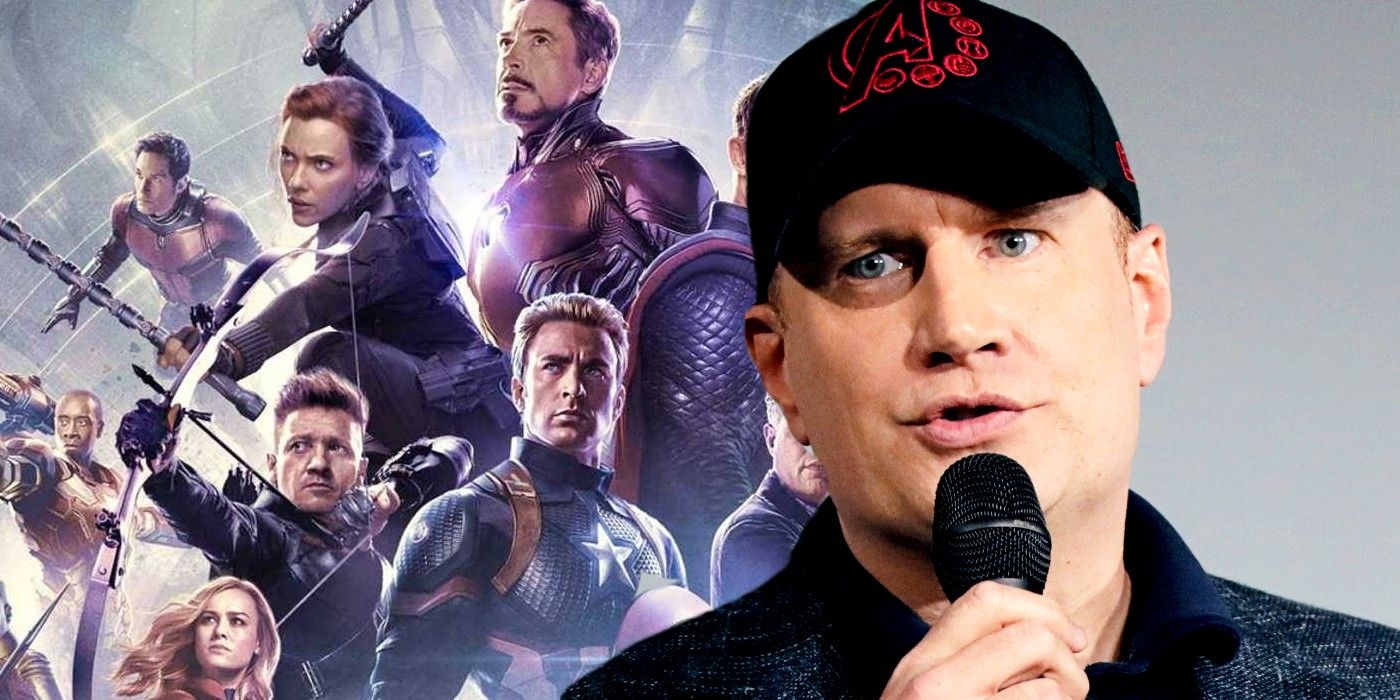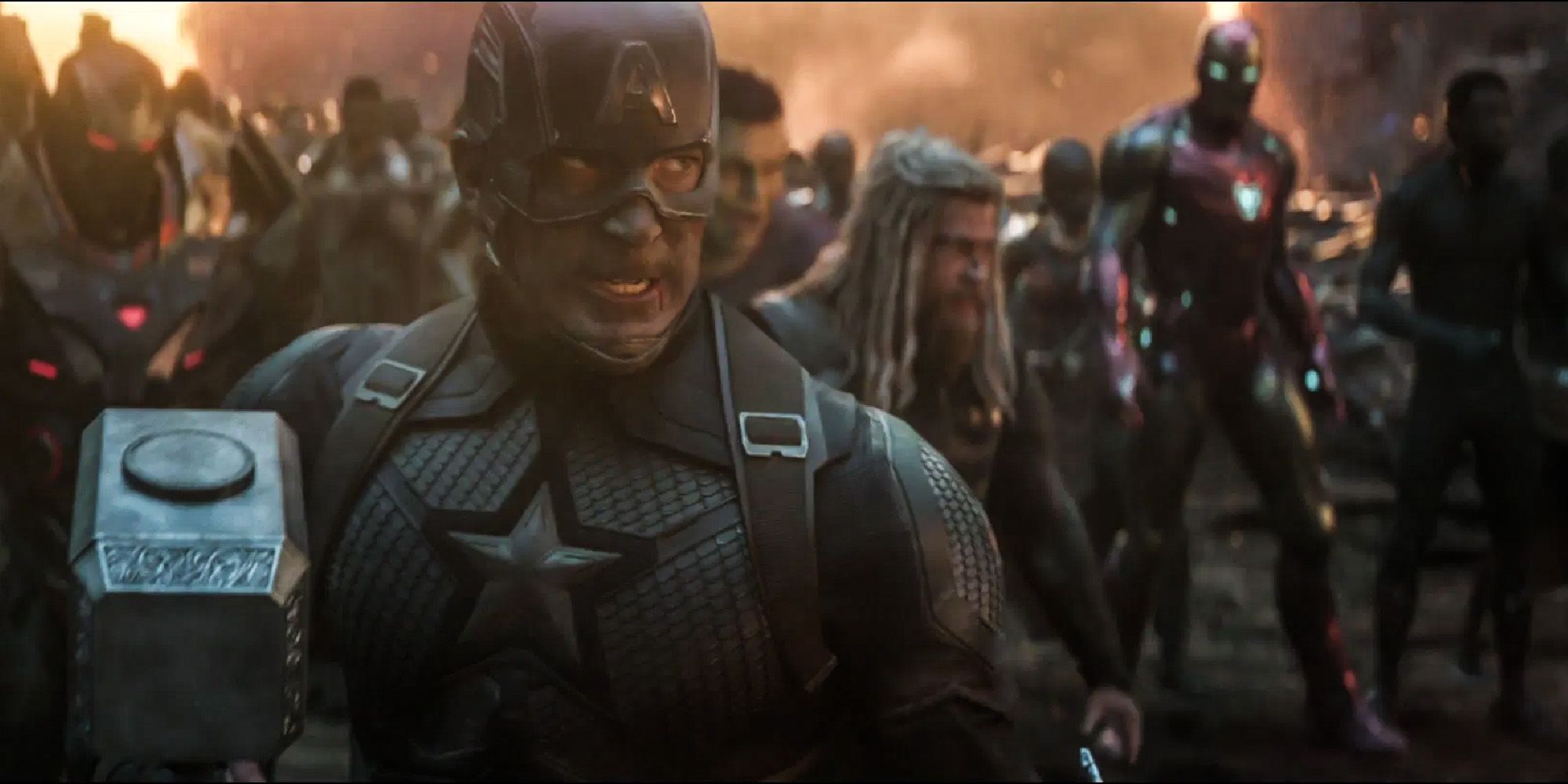
Kevin Feige's grand Marvel Cinematic Universe plans have been retconned several times. Robert Downey Jr. and Jon Favreau's Iron Man kicked off the MCU in 2008, expanding into a universe that is known for its interconnected storytelling. It's one of the franchise's most popular elements, as it allows viewers to get deeply invested in the characters as they go through their individual and collective journeys. But while it seems like Marvel Studios always has an overarching narrative blueprint, they're also not opposed to veering away from that if a better idea comes along.
The appearance of Nick Fury (Samuel L. Jackson) at the end of Iron Man made it clear that Marvel Studios was planting the seeds for a bigger story. Since then, his and Phil Coulson's (Clark Gregg) involvement in varying degrees in the remaining Phase 1 solo films made it clear Feige and his team were setting up a culminating event. The success of 2012's The Avengers solidified that storytelling approach and motivated the company to continue building the rest of the Infinity Saga. When Avengers: Endgame was released, it was chockful of references from the universe's last decade, which made it a much more effective culminating story.
When the Infinity Saga wrapped up, questions about the next big MCU crossover quickly became a favorite topic of discussion. And considering Marvel Studios confirmed slate for Phase 4 and beyond, it seems like they always knew what that overarching narrative will be - with various statements supporting this idea. Despite this, the franchise isn't actually as planned as it looks to be. As Feige revealed in the new book, The Story of Marvel Studios: The Making of the Marvel Cinematic Universe, they're always open to new ideas. If something better comes along, they would find a way to execute it, even if that means changing their original scheme - suggesting the overarching narratives are often influenced by what viewers initially react to the most.
“Everybody sees the clock ticking. Everybody sees the budget dwindling down. But not everybody sees the big picture. Sometimes a new idea can feel like you’re making it up as you go along. Or that you don’t have a plan. Maybe some of that’s true. But it’s also a case of, ‘When a new or better idea comes up, find a way to implement that idea."

Upon closer examination, this storytelling principle makes sense for Marvel Studios. Time and again, both filmmakers and actors have talked about improvisation on set. Even in massive films like Avengers: Infinity War and Avengers: Endgame, they're allowed to try various ideas and see which one works the best. This goes all the way back to Iron Man which didn't have a complete script. While there's a general idea of where the story would start and end, much of the rest was made up as they went. Since the 2008 blockbuster became a smash hit, Marvel Studios adopted a similar approach to the whole franchise moving forward. Obviously, there are some downsides to this. Firstly, it can be costly to change things on the spot simply because a seemingly better idea came along. Secondly, it doesn't always turn out to be a good move. Nevertheless, Marvel Studios has become comfortable with this process that they still do it.
Considering the Marvel Cinematic Universe's current track record, the pros outweigh the cons. Which means that it's a win-win for everyone involved. Marvel Studios is able to continue its box office dominance, while their creative partners such as filmmakers and actors are given the freedom to practice their craft. Since this has been effective for the franchise thus far, chances are that they will continue to do this approach in the foreseeable future.
from ScreenRant - Feed https://ift.tt/3nhD2Fk
via IFTTT
No comments:
Post a Comment